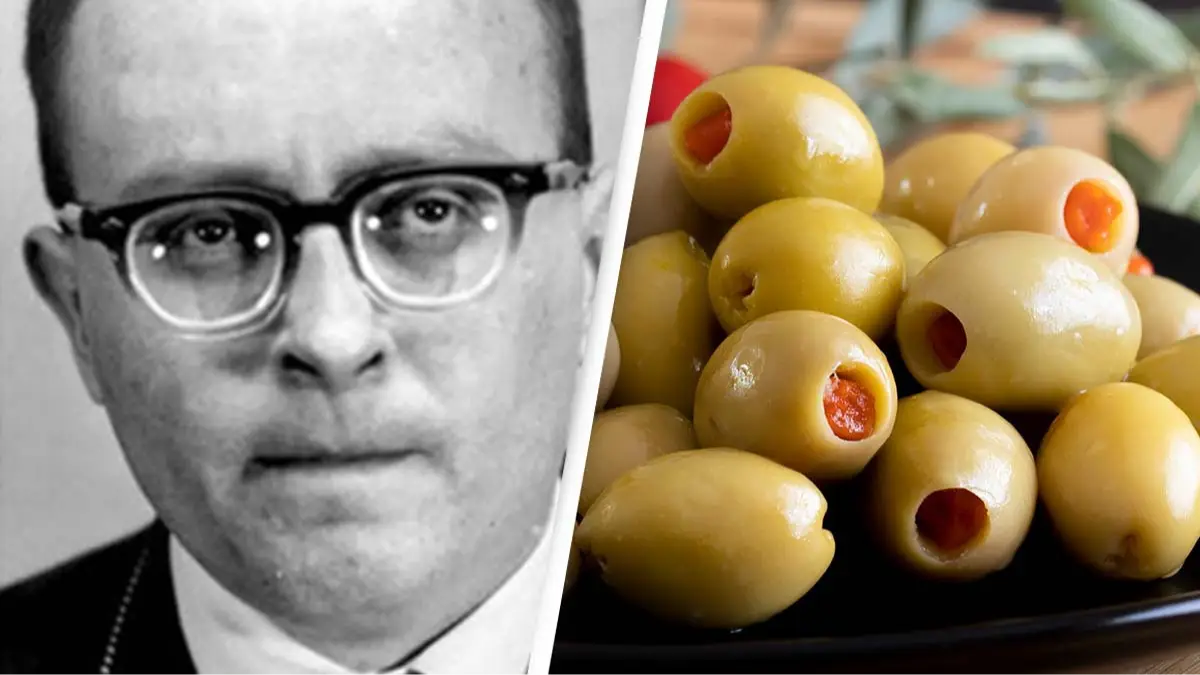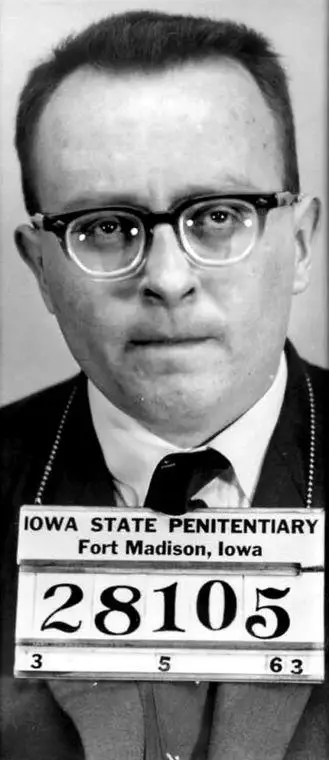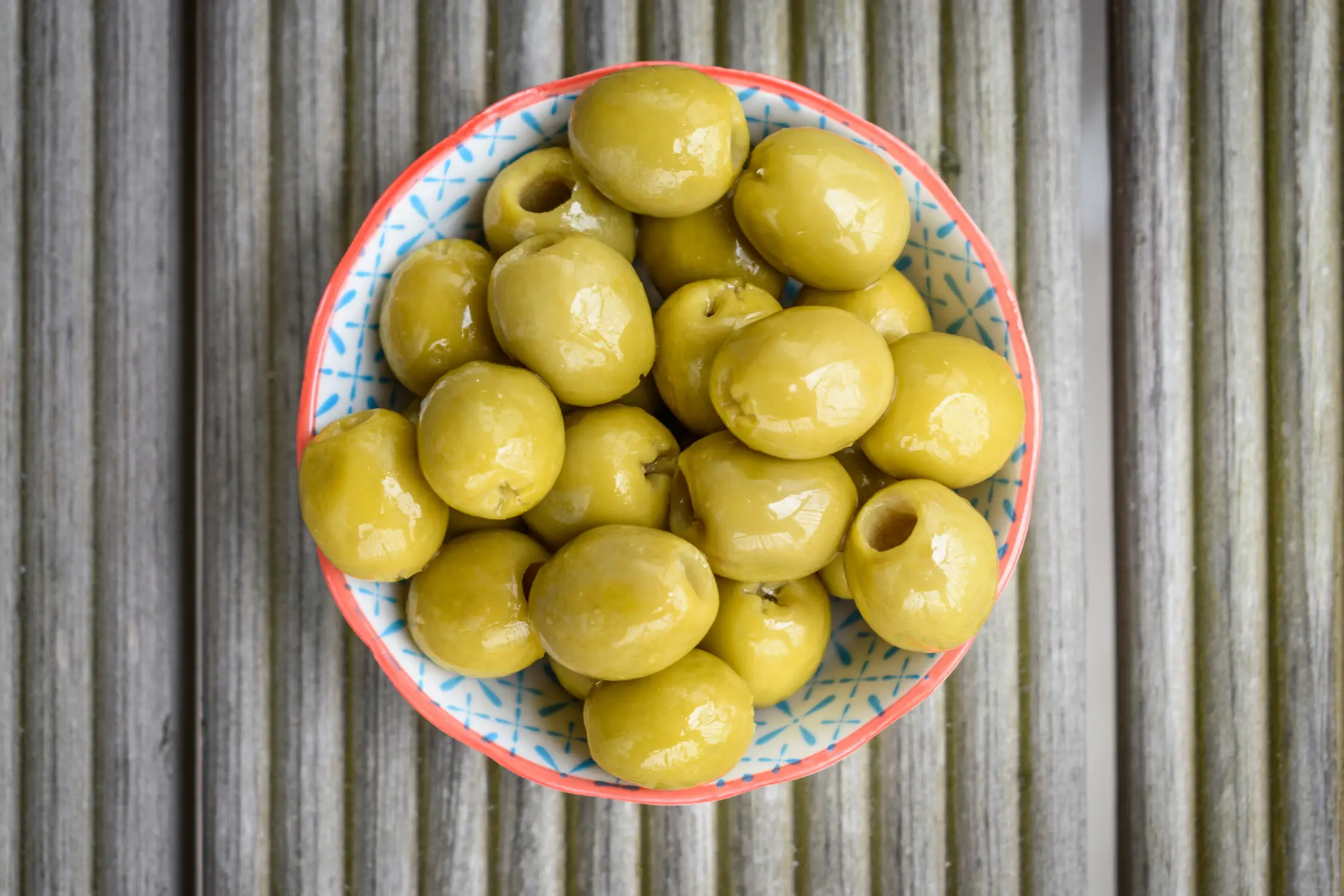
If you and I were on death row, we'd probably request something normal for our final meal - like a medium-rare steak with lightly salted fries and a bottle of wine to wash it down.
But I suppose we aren't deranged killers so naturally, we'd order a party on a plate to get our taste buds dancing one last time.
But not Victor Harry Feguer.
In 1963, Feguer was sentenced to death through hanging at the age of just 28, and after serving years on death row, he finally reached the front of the queue, meaning it was time to order his final meal.
Advert

'One single olive please', is how I imagine it went down.
There's a chilling reason why he ordered one sad olive with a pip, but before we get into that, let's talk about what wicked crimes he committed to find himself behind bars awaiting certain death.
Back in July 1960, Feguer was flicking through the old Yellow Pages book and was calling local physicians in Iowa in alphabetical order, before finally dialling Dr Edward Bartels number - and tragically, he picked up.
The then 25-year-old began feeding Dr Bartels lies, saying there was a woman who needed urgent medical care. When Dr Bartels arrived, he discovered that there was no woman in aid of his help.
Instead, the Michigan-born killer kidnapped the 34-year-old doctor and proceeded to kill him in Illinois.

The medic's body was later found in a cornfield with a gunshot wound to the head.
Despite Feguer protesting his innocence and insisting someone else had been responsible for the murder, he was ultimately convicted and sentenced to death.
Feguer even lodged an appeal, but it was denied, meaning only the President of the United States had the power to do anything about his fate.
But even after being contacted by Iowa's governor Harold Hughes and Feguer's attorney, President at the time John F. Kennedy didn't budge - and is said to have turned down their pleas because he 'thought the crime was so brutal'.
Alas, on 15 March, 1963, Feguer was sent to the gallows to be hung to death for his crime.
So, when it came to selecting his final meal, why was it just a singular olive?

Apparently, he intended to use it to create life after death.
Feguer told guards that he hoped that after he was executed, he would be buried with the pip and an olive tree would sprout from the ground, with the tree being a symbol of peace.
However, after he was executed, some reports state that guards discovered the pip in the pocket of the suit he wore for his execution. But of course, an olive tree never grew.